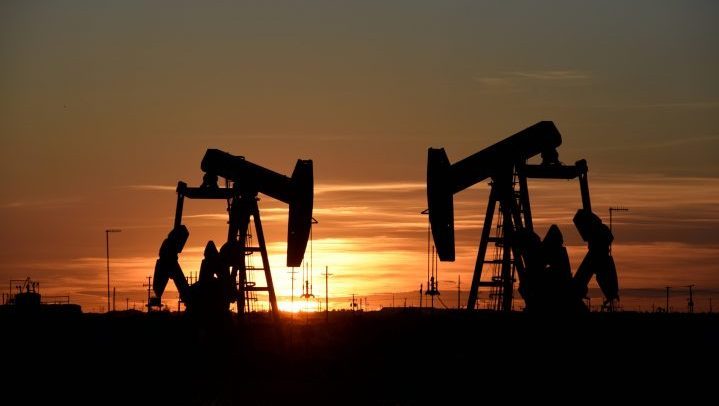The Saskatchewan government is launching its Accelerated Site Closure Program (ASCP) to help people get back to work amid the coronavirus pandemic.

It’s a reclamation program that deals with abandoned, inactive oil and gas wells and facilities.
Through the federal COVID-19 Economic Response Plan, the ASCP will access up to $400 million over the next two years.
It’s being overseen by the Ministry of Energy and Resources and delivered in partnership with the Saskatchewan Research Council (SRC).
The province says the program will deal with 8,000 inactive wells and facilities, creating 2,100 full-time jobs.
“We have worked hard to develop a common sense, administratively simple program that creates much-needed jobs in the struggling oil and gas sector,” Energy and Resources Minister Bronwyn Eyre said.
“The ASCP will accelerate the retirement of wells and facilities, which have reached the end of their life cycle, and complete a substantial amount of environmentally important work in a short period of time. For that, we would like to acknowledge the support of the federal government.”

Get daily National news
The program is being rolled out in a number of phases. Phase 1 will allocate up to $100,000 in funding to service companies working on the wells.
Eligible operators will need to use the Integrated Resource Information System to nominate inactive wells and facilities into the program.
For those accepted into the program, the SRC will provide direct funding, including an initial advance, to service companies for abandonment and reclamation work.
“We’d like to thank the Saskatchewan government for working to implement the ASCP in a timely manner,” Canadian Association of Oilwell Drilling Contractors president and CEO Mark Scholz said.
“We are excited by the prospect of long-term jobs for CAODC members who have been struggling to keep their employees working and their businesses viable.”
For further detail on the program, visit the government of Saskatchewan’s website.

Questions about COVID-19? Here are some things you need to know:
Symptoms can include fever, cough and difficulty breathing — very similar to a cold or flu. Some people can develop a more severe illness. People most at risk of this include older adults and people with severe chronic medical conditions like heart, lung or kidney disease. If you develop symptoms, contact public health authorities.
To prevent the virus from spreading, experts recommend frequent handwashing and coughing into your sleeve. They also recommend minimizing contact with others, staying home as much as possible and maintaining a distance of two metres from other people if you go out.
For full COVID-19 coverage from Global News, click here.









Comments